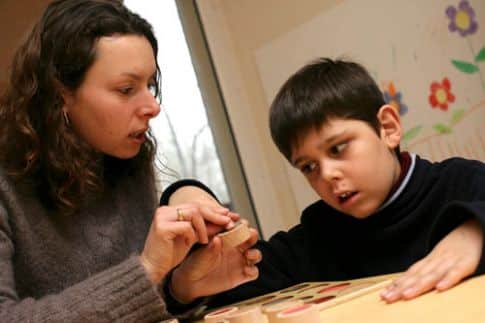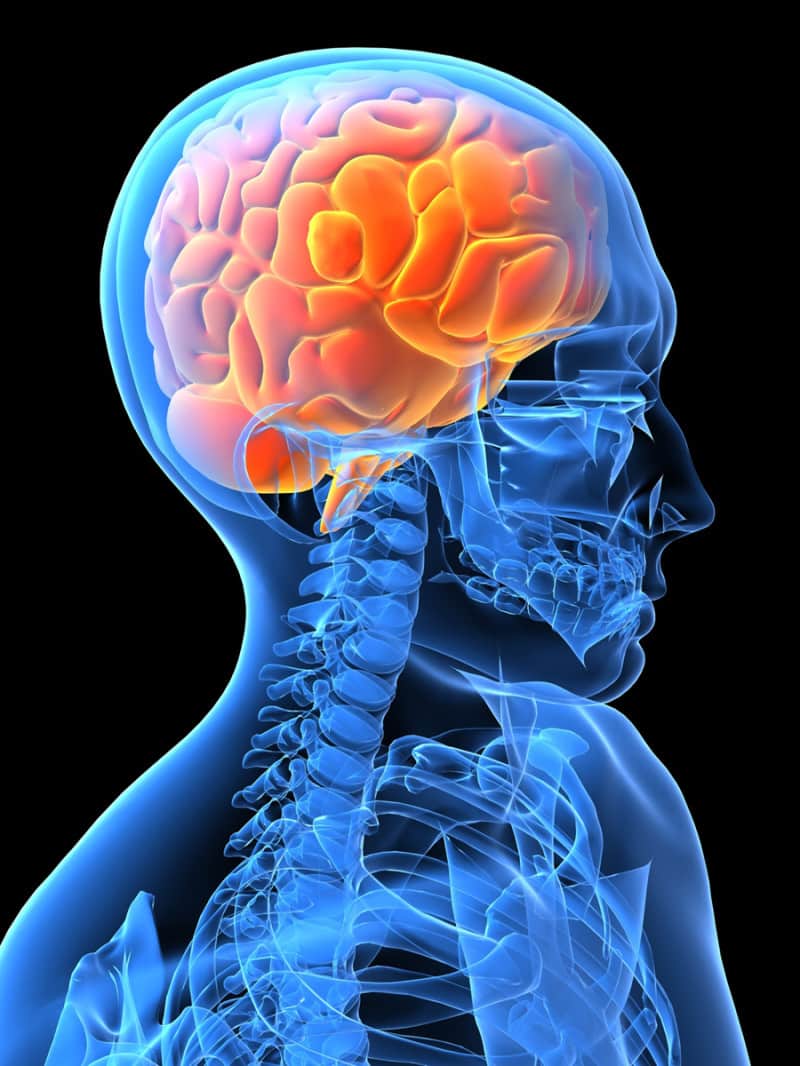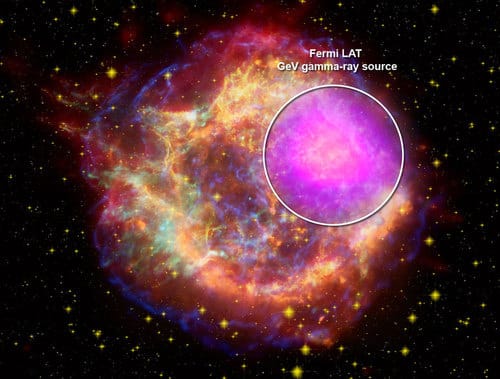Hormones and genes play an important role in our physical and mental development. A new study has found that Oxytocin, nicknamed the “cuddle” or “love hormone“, boosts brain activity in autistic children.
Autism is a very complex disability and can present a variety of challenges that extend beyond social difficulties. It’s crucial that those living with the condition have all their needs assessed so that they can access the appropriate support. Oxytocin, the key role for being autistic, is naturally produced by the body, triggers labor and is involved in mother and baby bonding. The distribution of imbalanced oxytocin can make anyone autistic.
However, researchers at Yale University made a study upon 17 autistic children, aged between 8 and 16. Researchers gave the children two nasal sprays – one containing oxytocin, and the other that contains no drugs at all. After taking each one, the impact on brain activity was recorded in a scanner while the children were shown “social” pictures of human faces or “non-social” pictures of cars.
Researchers found that “brain centers associated with reward and emotion recognition responded more during social tasks when children received oxytocin instead of the placebo.” They also noticed that “oxytocin temporarily normalized brain regions responsible for the social deficits seen in children with autism.” In simple word, “love hormone” oxytocin alters the brain activity of children with autism and makes them more social.
Prof Kevin Pelphrey, one of the researchers on the study said, “We are very excited by the findings, all 17 showed a response, although the response was variable. There’s still lots of questions about oxytocin, but this suggests it enhances social brain functions and decreases non-social functions – helping kids to focus on socially relevant information. The most exciting finding is not oxytocin, but that you can show changes in the brain by a compound. It changes how we think of autism and how treatable it might be.”
It remains unclear how the hormone affects the brain and leads to better social processing. So, researchers are planning to take “larger trials” to see what the side-effects and benefits of oxytocin might be in children with autism. Researchers have published their study in the journal Proceedings of the National Academy of Sciences.
Source: Live Science
[ttjad keyword=”web-cam”]





